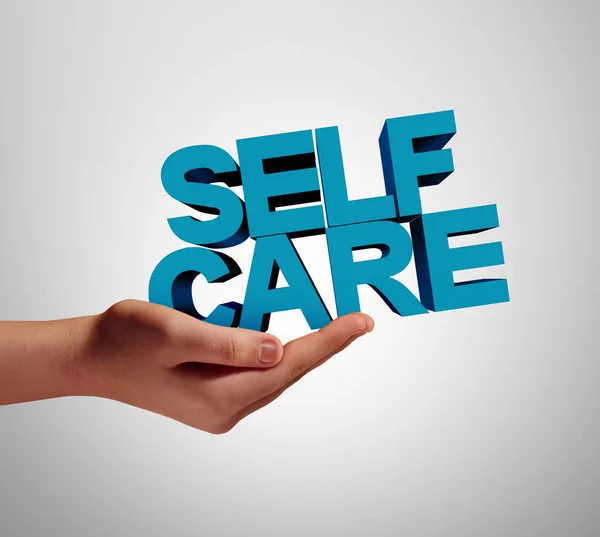Try Self-Care First
Why are we asking you to self care?
The NHS aims to empower all patients to self-care and to seek the most appropriate source of help for their condition. A GP appointment is not always the best option and may even lead to delays in treatment or a poorer standard of care. Studies show that up to 40% of consultations with the doctor are unnecessary. This may be because the doctor was not the best person to see, or the patient may have been able to self-care or able to refer themselves to the right person without seeing the doctor.
Given the current crisis in General Practice, appointments are in very short supply. There are issues with fewer GPs, lack of resources and rising workload. Our limited appointments should only be used for those who truly need us. Please help us to help you by first asking yourself, do you actually need to see us or can you get the right help elsewhere.
Are we just putting you off from seeing us?
No, we are not here to put you off from seeing us if it is appropriate. It is now official NHS guidance that we actively encourage self-care and self-help and to direct you to see the right person. By helping yourself, you might get quicker help and avoid the need to sit in a spluttering waiting room.
There is a vast array of other workers in the NHs and many of these accept direct contact from patients without the need to see a GP first. By self referring, you save yourself time. If you are concerned that by self referring, you might be doing the wrong thing or wasting someone’s time, please be assured that should your symptoms suggest that you actually do need to see a doctor, you will always be advised accordingly.
Is your life potentially in danger?
Please call 999 if you have any of the following conditions:
- Anaphylactic shock
- Severe breathlessness
- Suspected heart attack
- Drowning incident
- Hypo (low sugar)
- Deep lacerations
- Suspected stroke
- Looking very poorly or condition significantly deteriorating
- Severe bleeding
- Severe burns
- Choking
- Uncontrollable fits
- Hypothermia
- Suspected meningitis
- Unconscious
Have you got a medical emergency?
Go straight to a major A&E if you have:
- Severe abdominal pain
- Breathless/can’t speak
- Floppy/unresponsive baby
- Lethargic/drowsy child
- Drug overdose
- Sudden blindness
- Suspected fracture
- Severe head injury
- Persistent nose bleed
- Swallowed foreign body
Do you need the minor injuries unit?
These conditions can be dealt with by the MIU. The one most local to Dronfield is at Whitworth Hospital.
https://www.nhs.uk/services/clinic/whitworth-minor-injury-unit/RY8M2
- Bites and stings
- cuts and grazes
- Foreign bodies in skin
- Sprains and strains
- Minor wound infections
- Burns and scolds
- Eye problems
- Minor head injuries
- Road traffic accidents
Health A to Z
Please follow the link to the NHS website which has detailed information about many conditions and where you will find information and services to help you manage your health https://www.nhs.uk/
Pharmacy
Your local pharmacy can offer advice and over-the-counter medication to help with a range of common conditions and minor illnesses. You can see them for help with typical Winter ailments such as coughs, colds and the flu, as well as day to day issues, such as aches, pains, skin rashes and cystitis.
Please follow the link for more advice. https://stubleymedical.co.uk/pages/what-can-the-pharmacy-do-for-you/
Physiotherapy
A physiotherapist helps people who have been hurt or disabled to recover their mobility and perform daily activities without pain. They use exercise, massage, electrical stimulation, ultrasound, passive stretching, and other methods to help improve muscle tone and movement.
Please follow the link for more advice. https://stubleymedical.co.uk/pages/what-can-the-physio-do-for-you/
Mental Health
Talking therapies can help with many difficult life problems - from coping with traumatic experiences and events, to dealing with depression and anxiety or managing harmful emotions and behaviours.
Please follow the link for more advice. https://stubleymedical.co.uk/pages/mental-health/
Alcohol and Drug Service
These services can discuss your alcohol and drug use and how it is affecting you. They can also explain your treatment options, and refer you to a specialist for more support. If you visit your local drug and alcohol service, they should assign you a key worker.
Please follow the link for more advice. https://stubleymedical.co.uk/pages/drugs-and-alcohol-services/
Other Professions
Follow the link to find advice, guidance and contact details for other professionals you can self refer to for example, midwives, community nurses, dentists etc. https://stubleymedical.co.uk/pages/other-professions/
